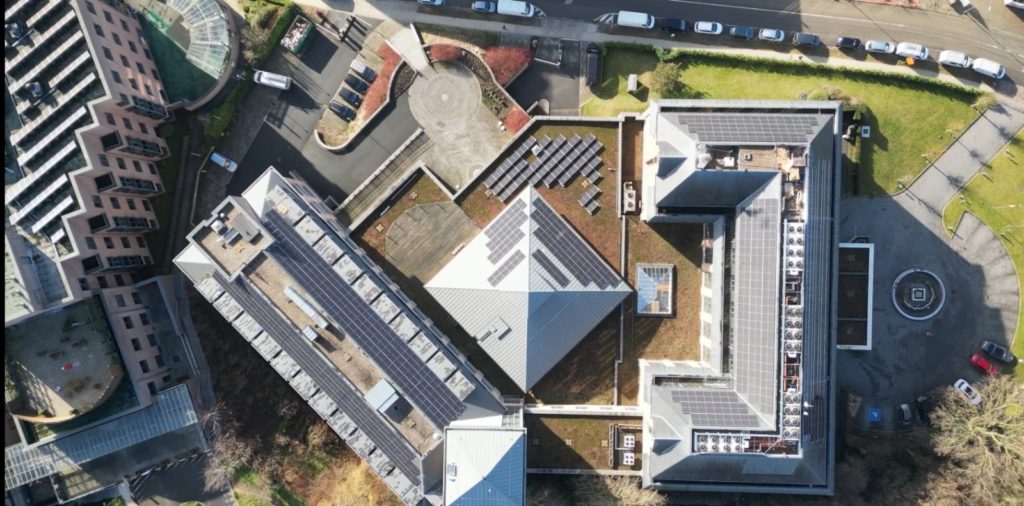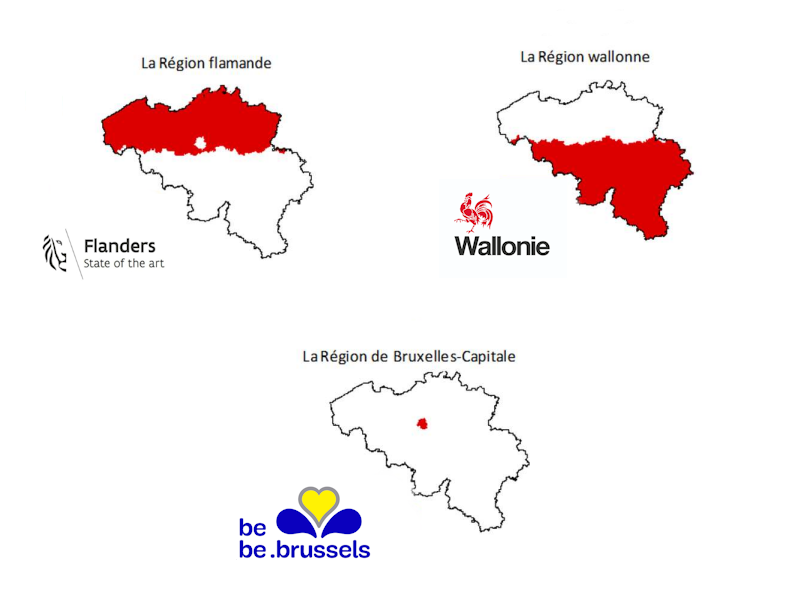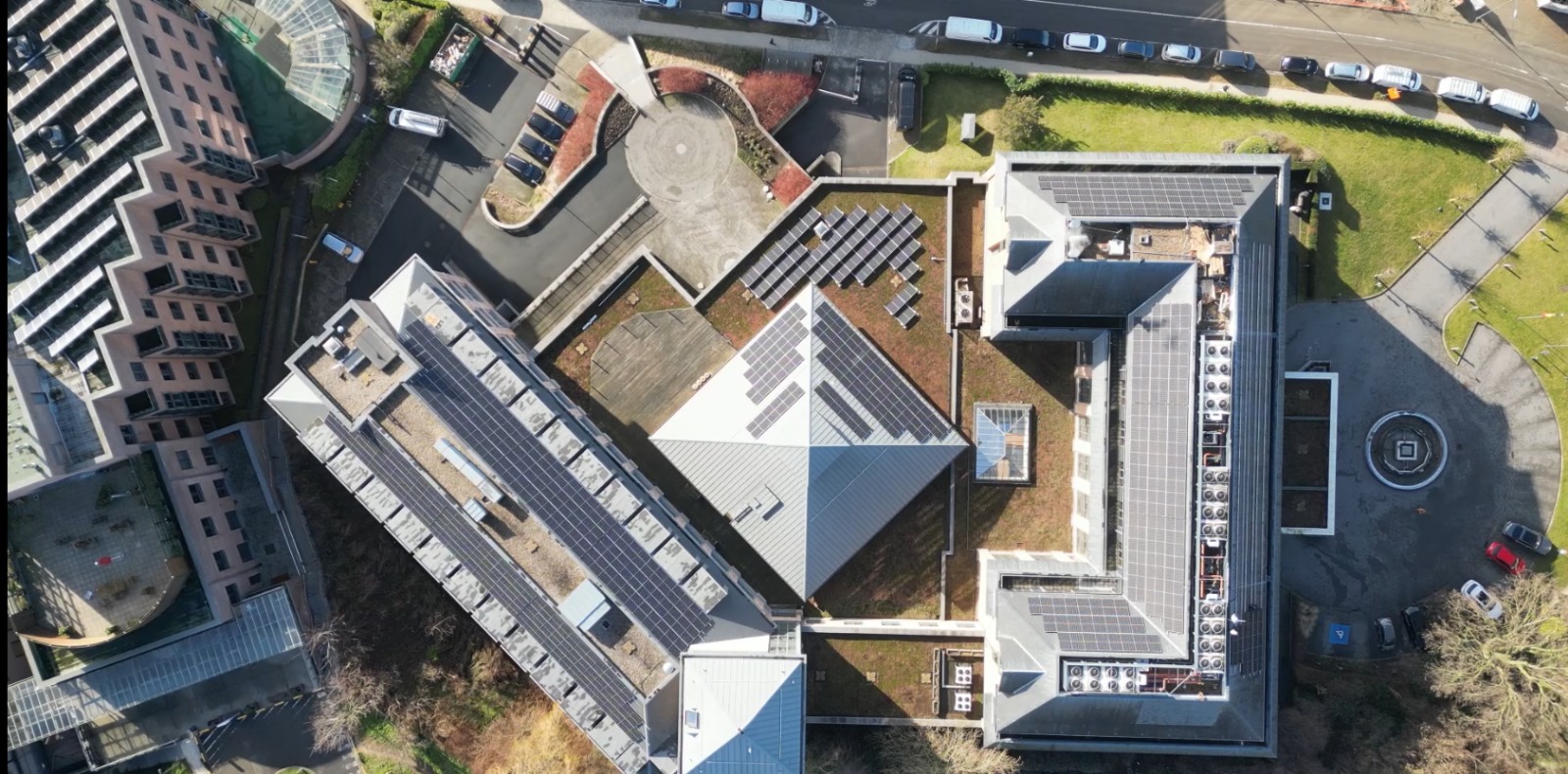The Solar Energy Plan 2025 is taking shape for Belgium's energy transition: the mandatory installation of solar panels for large energy consumers. This measure aims to stimulate the adoption of renewable energies and reduce the carbon footprint of public and private infrastructures.
.

What does this obligation entail?
The obligation to install solar panels will apply mainly to large-scale electricity consumers, defined as those using more than one gigawatt-hour per year.
This decree(https://www.vlaanderen.be/zonnepanelen/verplichting-zonnepanelen-voor-gebouwen-met-hoge-elektriciteitsafname) is part of a long-term vision for the control and recovery of incoming and outgoing energy flows in Belgium.

2 An opportunity for businesses and public buildings
This initiative concerns not only private companies , but also public buildings, including historic monuments and other infrastructures of cultural importance. The aim is to make the most of available space, such as unused roofs, by transforming them into sources of green energy production.
2.1 Impact on the solar panel industry
The installation obligation should have a positive impact on the solar panel industry in Belgium.
It will stimulate demand, which could potentially push prices up initially.
However, with increased production and investment in research and development, production costs are expected to stabilize or even fall in the long term.
2.2 Benefits for installers and industry players
For installers like us, this obligation represents a significant opportunity. In addition to meeting growing demand, it will enable us to develop our expertise in the new climatic challenges facing our country.
Specialized training and certification will be necessary and compulsory from 2025, ensuring the safety and competence of professionals in the sector. We'll be taking this into account!
Outlook for the future in Belgium
The decisions taken by the various Belgian regions reflect a common desire to promote renewable energies.
- Flanders leads the way with specific obligations.
- Brussels, meanwhile, is considering even stricter measures.
- Wallonia has adopted a voluntary approach.
This diversity shows that we are adapting to the regional context while moving towards common goals of sustainability and energy efficiency.

our Services
Individuals
- Photovoltaic
- Carport Solaire
- Domestic Battery
- Heat Pumps
- Charging station
- Our achievements
Companies
- Photovoltaic
- Insulation
- Solar carport
- Industrial Battery
- LED
- Charging station
- Our achievements

